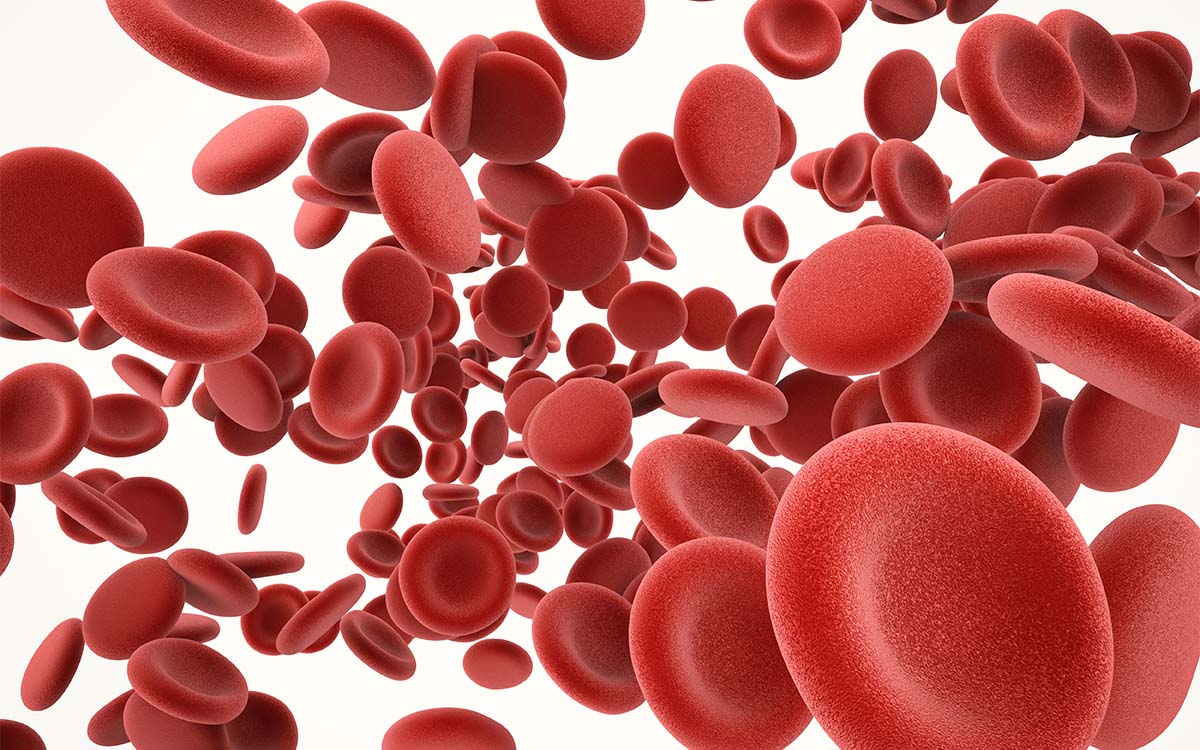Women are at an increased risk of iron deficiency anemia and many of the signs and symptoms can be mild and easily ignored. Read on to learn more about the signs, symptoms, and treatment of iron deficiency anemia.
According to Columbia University Irving Medical Center’s website, iron deficiency is the world’s most common nutritional deficiency. Currently, about 17% of premenopausal women and 10% of children in the United States are iron deficient and they believe that these numbers are actually higher than reported 1.
When the human body is iron deficient it cannot make an adequate number of red blood cells. These cells are responsible for carrying oxygen throughout the body. If the body cannot make enough of them, it can cause an array of complications. This condition is referred to as iron deficiency anemia.
Signs and Symptoms of Iron Deficiency Anemia
In some cases, iron deficiency anemia can go unrecognized if you don’t get regularly scheduled blood work. The symptoms can sometimes be mild or easily ignored. According to the Mayo Clinic, signs and symptoms of iron deficiency anemia may include:
- Fatigue
- Weakness
- Pale skin
- Chest pain, fast heartbeat, or shortness of breath
- Headache, dizziness, or lightheadedness
- Cold hands and feet
- Inflammation or soreness of the tongue
- Brittle nails
- Unusual craving for non-nutritive substances such as ice, dirt, or starch
- Poor appetite2
Causes of Iron Deficiency Anemia
Women of childbearing age are at an increased risk of iron deficiency anemia because they lose blood every month during menstruation. The major causes of iron deficiency anemia include blood loss, a lack of iron in the diet, the inability to absorb iron, and pregnancy. Women, children, vegetarians, and frequent blood donors are at increased risk of iron deficiency anemia.
Diagnosis and Treatment of Iron Deficiency Anemia
Your healthcare provider will be able to diagnose iron deficiency anemia by a simple blood test. The treatment of iron deficiency anemia usually includes taking iron supplements, eating iron-rich foods, and treating any underlying causes.
Complications of Iron Deficiency Anemia
If iron deficiency anemia goes untreated it can cause complications such as heart conditions, growth issues, and pregnancy issues. If you suspect you may have iron deficiency anemia, make an appointment with your healthcare provider to get tested.
Resources
- Are we underestimating the prevalence of iron deficiency? Columbia University Irving Medical Center. (2021, September 3). Retrieved August 25, 2022
- Mayo Foundation for Medical Education and Research. (2022, January 4). Iron deficiency anemia. Mayo Clinic. Retrieved August 25, 2022
